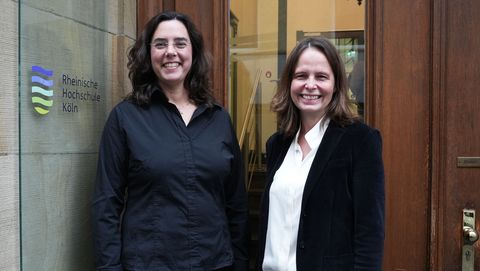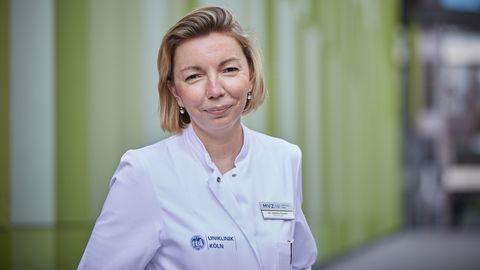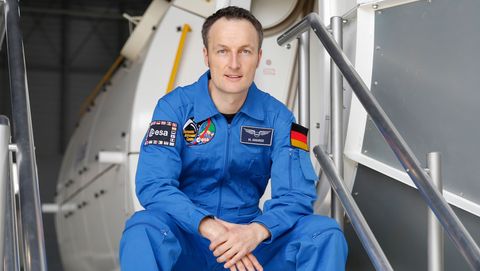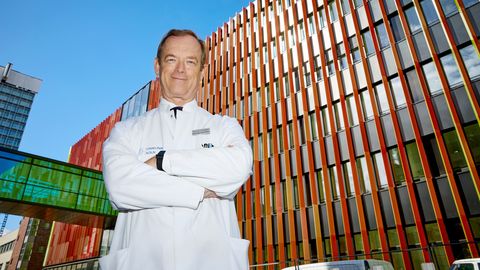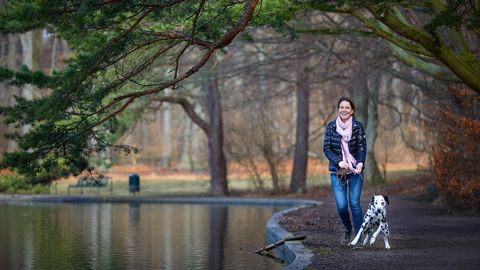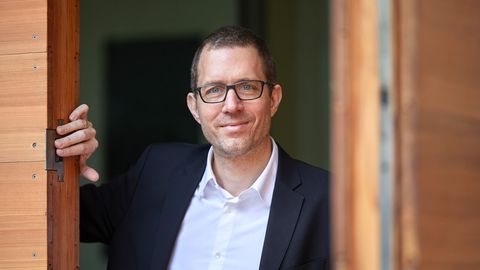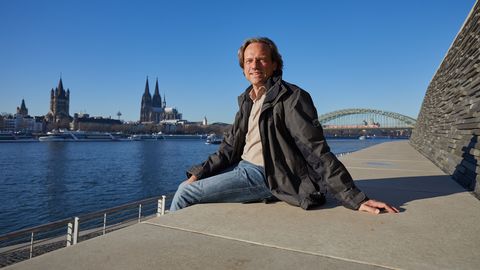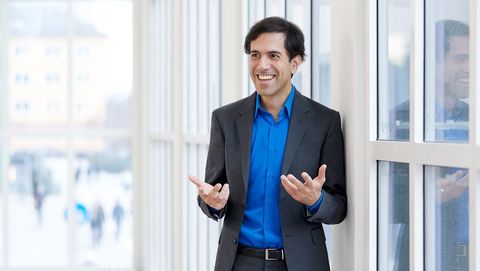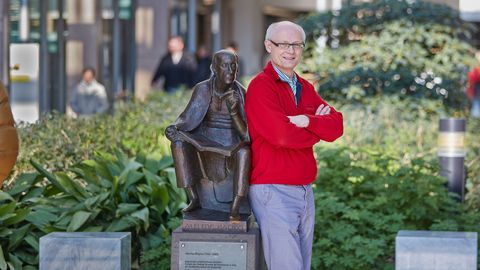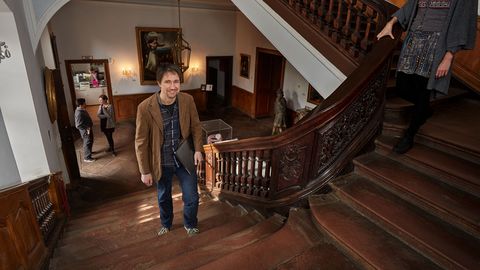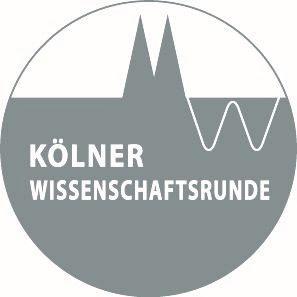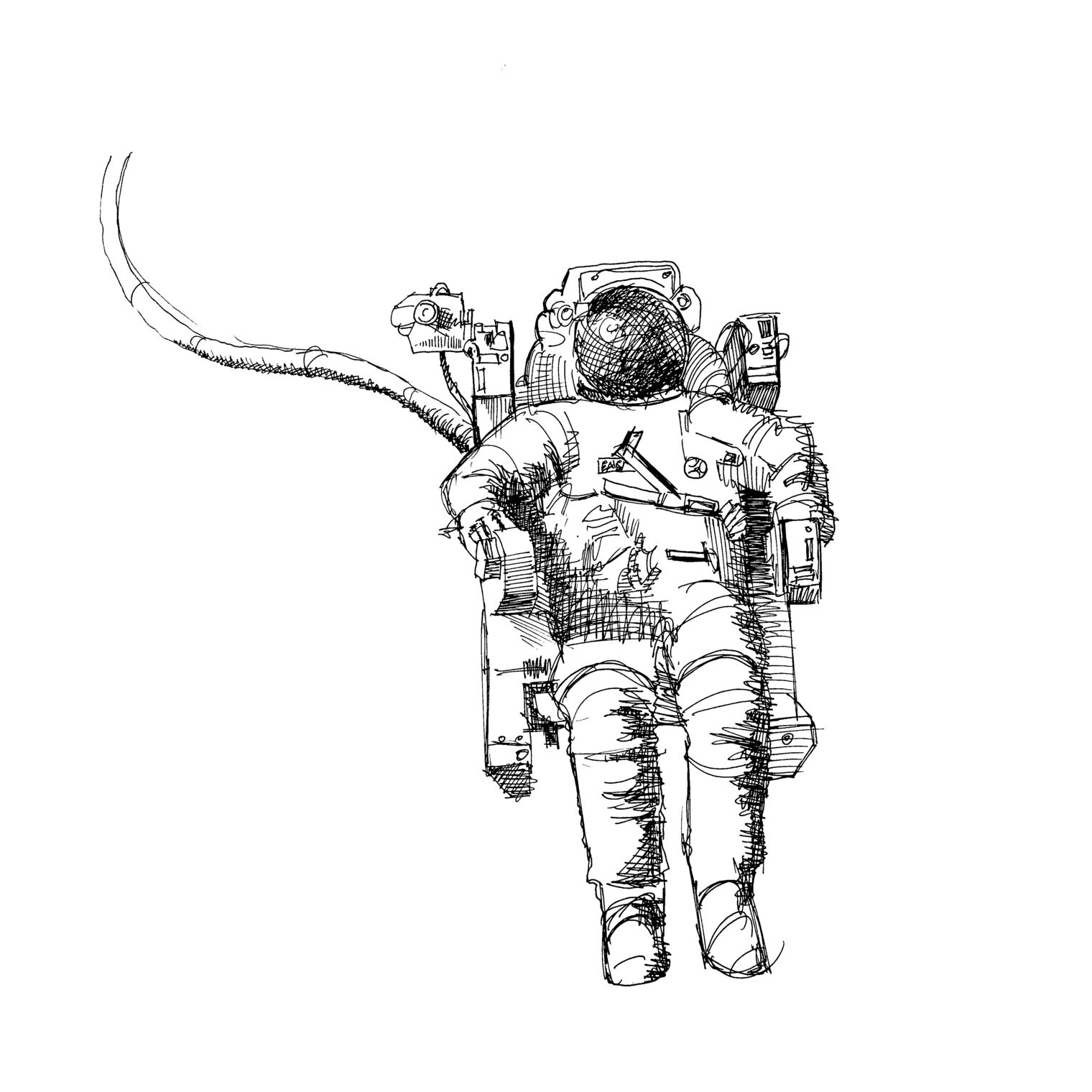Home to one of Europe's oldest universities and numerous internationally renowned research institutions, such as the four Max Planck Institutes, but also the German Aerospace Center (DLR), Cologne is a key economic center as well as a regional science center.
Cologne is a knowledge-driven city and part of a rich scientific landscape that is open to innovation and transformation. From aging research to aerospace research through forward-looking sectors of life sciences and healthcare, Cologne is an innovative, forward-looking, and extremely well-networked science center.
